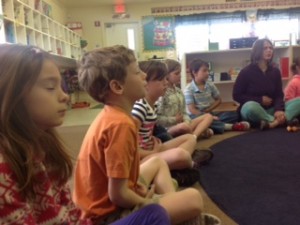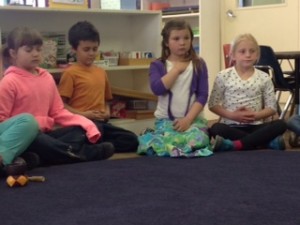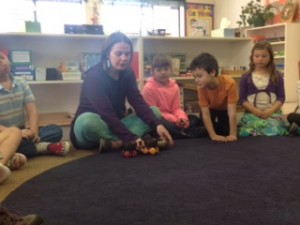About
Parents

*An academic and exploratory experience that includes data-driven teaching practices, inclusive education and individual guidance to the development of independence.
*An environment that promotes self-esteem and a desire for excellence as well as one that instills responsibility and community.
*An atmosphere that encourages parents and families to become part of their child’s school experience and education.
Educating the whole child through academics, experiential excellence, and community.
We see this vision of Flagstaff Junior Academy through in the following ways:
If you were unable to attend our Virtual Open House and are interested in “meeting” our teaching teams, click the links below to view a recording.
Mindfulness is a particular way to pay attention and bring awareness to one’s experience.
You can ask any student at FJA how they practice mindfulness breathing and they will show you. FJA teachers and students practice mindfulness in their classroom regularly. Staff and students alike are benefiting from mindfulness being part of our school culture.
Our counselor Emmanuelle Giumelli, MA is certified to teach mindfulness and has been teaching and training FJA teachers and staff since 2013. Each classroom participates in an 8 week mindfulness class where mindfulness curriculum is practiced by students and teachers are supported to implement mindfulness into their daily schedule.
Please contact Emmanuelle Giumelli for more information on our mindfulness program at FJA.
The benefits of mindfulness for children are many:
Better focus and concentration
Increased sense of calm
Improved impulse control
Increased empathy and understanding of others
Decreased anxiety
Improved academic achievement


